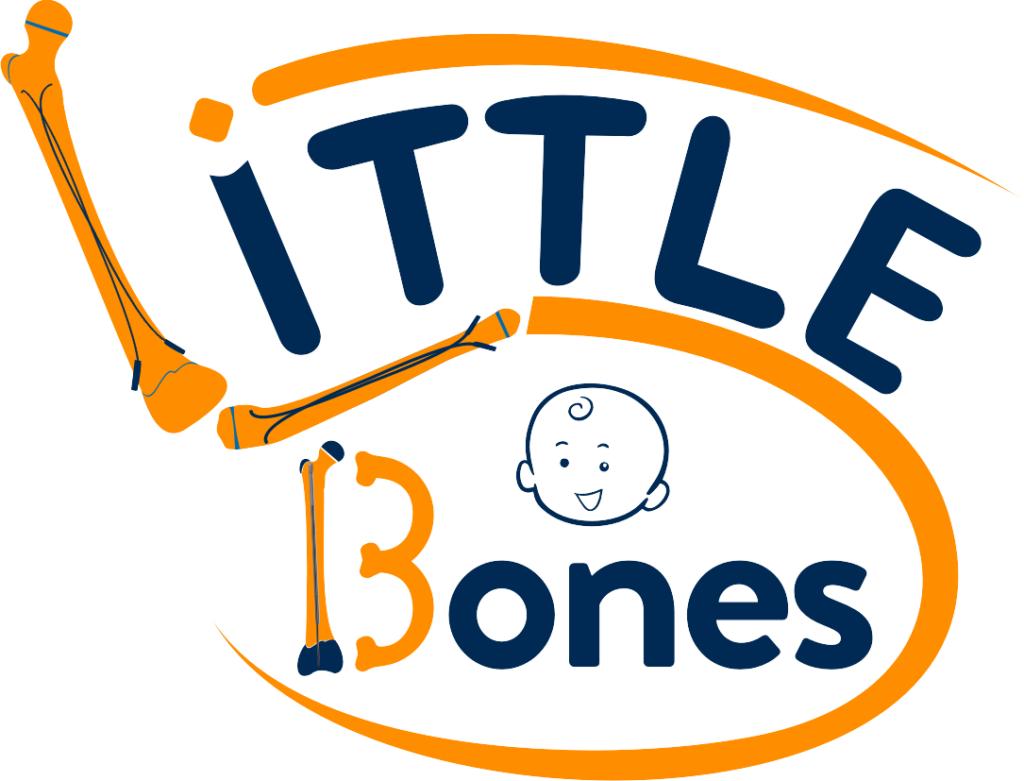Congenital Hallux Varus Treatment in Indore
Home » Congenital Hallux Varus Treatment in Indore
Best Congenital Hallux Varus Treatment in Indore
Congenital hallux varus is a rare foot deformity present at birth, characterized by a deviation of the big toe (hallux) away from the midline of the foot, pointing inward toward the other toes. Unlike acquired hallux varus, which may develop later in life due to various factors, congenital hallux varus is typically attributed to abnormal development of the foot during fetal development. This condition may occur in isolation or in association with other congenital foot deformities. Congenital hallux varus can vary in severity, ranging from mild to severe, and may affect one or both feet.
Treatment
Treatment for congenital hallux varus depends on the severity of the deformity and its impact on foot function and development. In mild cases, conservative measures such as stretching exercises, splinting, taping, and custom orthotic devices may be recommended to help realign the toe and promote normal foot development. In more severe cases or when conservative measures fail to provide adequate correction, surgical intervention may be necessary. Surgical options for congenital hallux varus may include soft tissue releases, tendon transfers, corrective osteotomies, or joint fusions to realign the toe and restore proper foot alignment and function.
Why Choose Us
At Little Bones, we specialize in the diagnosis and treatment of congenital foot deformities, including congenital hallux varus. Our team of orthopedic surgeons, podiatrists, and pediatric specialists is dedicated to providing comprehensive care and personalized treatment plans tailored to each patient’s unique needs and developmental stage. We understand the challenges associated with congenital foot deformities and are committed to helping children achieve optimal foot health and function through compassionate, evidence-based care.
Frequently Asked Questions
Congenital hallux varus is a birth defect where the big toe is angled inward. Dr. Pushpvardhan Mandlecha at Little Bones Paediatric Orthopaedic Clinic provides specialized treatments, including corrective surgery and braces, to realign the toe.
Dr. Pushpvardhan Mandlecha is considered the best pediatric orthopedic surgeon in Indore for treating both congenital and acquired hallux varus in children.
Treatment options include non-surgical methods like orthotic devices, as well as surgical procedures for more severe cases, ensuring the toe’s alignment and functionality.
If your child’s big toe is significantly deviated inward or shows discomfort when walking, it may be hallux varus. Dr. Mandlecha can diagnose and suggest the best treatment plan.
You can schedule a consultation at Little Bones Paediatric Orthopaedic Clinic by calling 96545 88255 or 78270 28020.
Congenital hallux varus is believed to result from abnormal development of the foot during fetal development, although the exact cause is not always known. It may occur in isolation or in association with other congenital foot deformities.
Diagnosis is typically based on a clinical examination, medical history, and imaging studies such as X-rays to assess the alignment and structure of the foot and toes.
Symptoms may include a visible deviation of the big toe away from the midline of the foot, difficulty wearing shoes, and cosmetic concerns. In some cases, congenital hallux varus may be associated with other foot deformities or developmental abnormalities.
Treatment may include conservative measures such as stretching exercises, splinting, taping, and custom orthotic devices to promote normal foot development. In severe cases, surgical intervention may be necessary to realign the toe and restore proper foot alignment and function.
Schedule an Appointment
If you suspect that your child may have congenital hallux varus or if you have concerns about the alignment or development of their feet, we encourage you to schedule a consultation with our experienced team. We offer comprehensive evaluation, personalized treatment plans, and compassionate care to help children overcome congenital foot deformities and achieve optimal foot health and function. Contact us today to learn more and schedule an appointment.
Call Us
+91-7827028020
Email Us
drpushp@yahoo.com
Visit Us
219, Benchmark Business Park, Near Satya sai Square, Vijay Nagar Indore.
